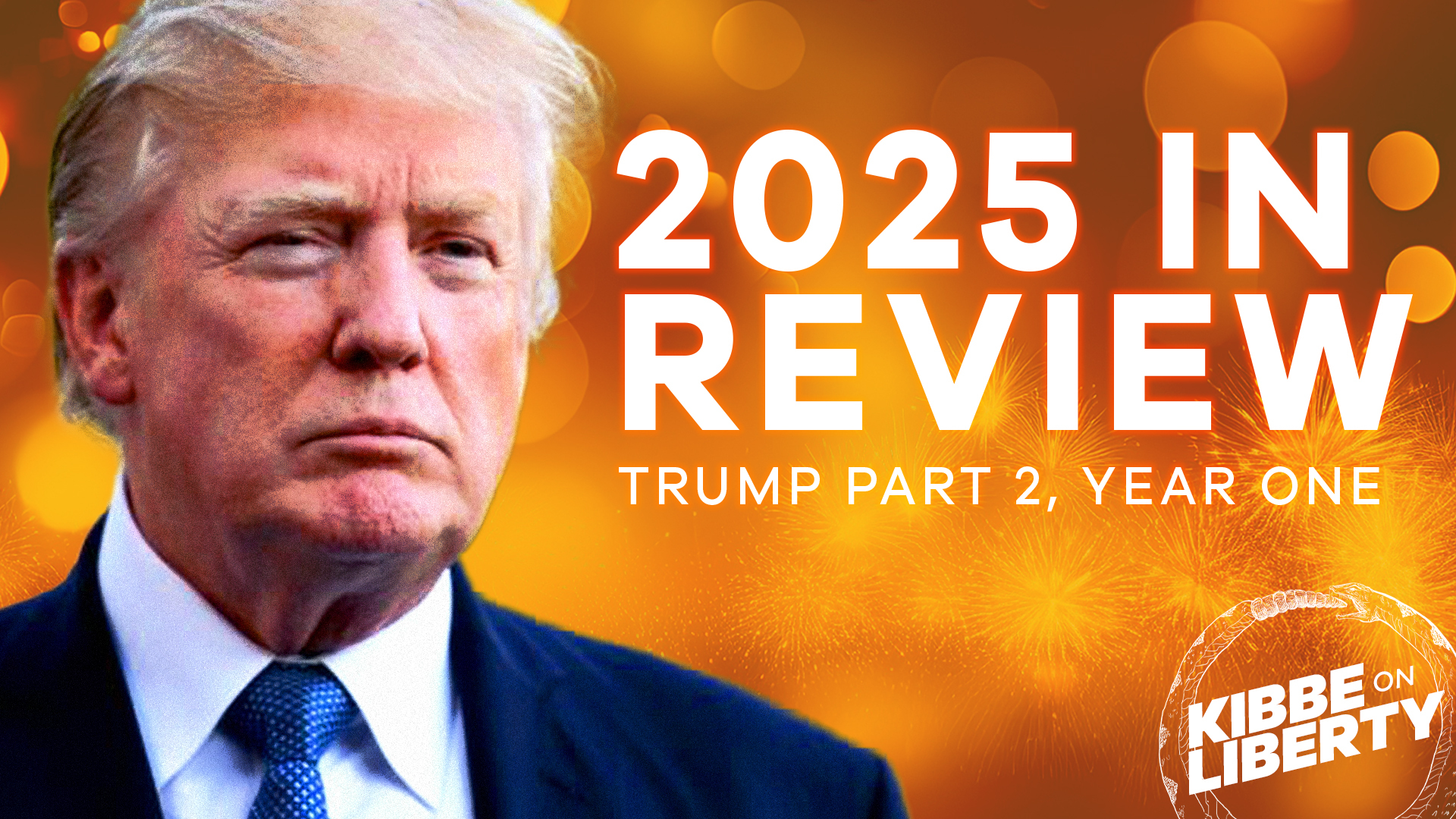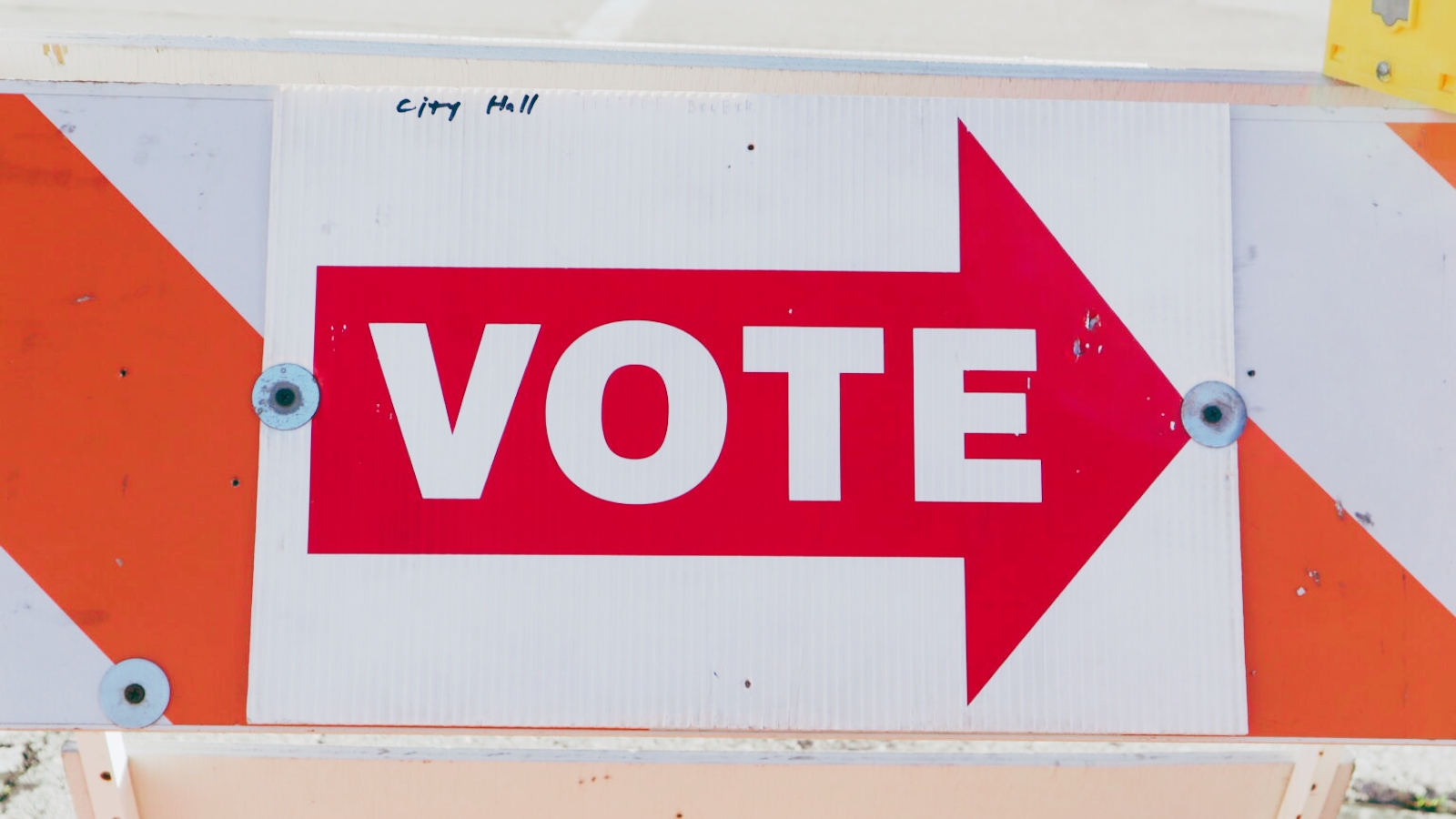
Gridlock Isn’t Good Enough
The Heartland Institute and Rasmussen Reports conducted a survey of 1,016 likely voters on January 5, 2022, and, despite the president’s year-old “unity” speech, the findings vivify the nationwide division. Voters often bemoan a lack of bipartisanship, but after reading the findings, one might develop yet another reason to be grateful for gridlock. Most of the findings are below, and I didn’t include the share of Republican or unaffiliated voters because their percentages are exceeded by those of the Democrats in every question. In short, “live and let live” died long ago; compromise is an impossibility, and for those who count themselves among the majority, minding one’s own business is increasingly frowned upon.
55% of Democrats would support a proposal for federal or state governments to fine Americans who choose to not be vaccinated against COVID-19. 59% of Democrats would favor a government policy requiring that citizens remain confined to their homes at all times except for emergencies if they refuse to be vaccinated against COVID-19. 48% of Democrats think federal and state governments should be able to fine or imprison individuals who publicly question the efficacy of COVID-19 vaccines on social media, television, radio, or in online or digital publications. 45% of Democrats would favor governments requiring citizens to temporarily live in designated facilities or locations if they refuse to be vaccinated against COVID-19. 47% of Democrats favor governments using digital devices to track unvaccinated people to ensure that they are quarantined or distancing from others.
29% of Democrats would support temporarily removing parents’ custody of their children if parents refuse to be vaccinated against COVID-19.
It’s easy to conclude that, when compared with other partisans, Democrats are neurotic and vicious control freaks, but that’s not the point I wish to make; however, I can’t not discuss the findings before getting to my broader point. Democrats pat themselves on the back for their nice thoughts about “the poor,” but the survey’s findings make clear that to be the object of Democrats’ professed compassion, “the poor” must first agree with them unconditionally. Democrats abhor national borders, but once immigrants have passed through ours, they’ll soon be restricted by domestic borders if, again, they dare to disagree with Democrats. Regarding the findings that touch on Democrats’ alleged yearning for free speech, privacy, and bodily autonomy, you’ve witnessed since the first lockdown the true nature of their vapid tropes: “Natural rights don’t apply to you until you submit to me.” I was shocked to read the findings regarding “removing parents’ custody of their children,” but maybe I shouldn’t have been; they’re part of the trend: Democrats seem to have no qualms with human rights violations so long as they can keep their hands clean. They wouldn’t dare touch another’s child, but they’re more than happy to support a cop ripping a kid from his parents.
Originally published in 1995, Dave Grossman’s On Killing: The Psychological Cost of Learning to Kill in War and Society also details how people learn to kill. They do so by considering their enemies subhuman. Sure, The Tolerant™ smile at their neighbors, but they do so while begging their political “representatives” to fine or imprison their neighbors. It’s probably best to regard their smiles as similar to the manner in which one might grin at a pet. None of the above is to say that Republicans don’t harbor authoritarian impulses of a different kind, and that fact is literally on full display every election season. Someone with a blue sign looks past his neighbor’s red sign, smiles, and waves. The neighbor returns the wave with a smile while both explicitly advertise to the other: “I’m voting for this guy so that he can bend you to my will.” That scenario brings new meaning to “insincere,” which brings me to my broader point: Why is it assumed that the president, a governor, or any other politician or bureaucrat is “in charge” and is “handling” this manufactured, multidimensional crisis, and why is it assumed that democracy will one day deliver us from the crisis?
When mired in political gridlock, says Ken Fisher, “extreme ideas stand no chance” and “getting anything big done in various categories is beyond challenging.” Fisher says—and as we’ve seen: “Gridlock should prevent legislative extremities from passing and creating winners and losers,” which is great because it means the calls of those begging their politicians to “do something” won’t be answered. The less the political class do, regardless of their political affiliation, the less the damage done to “the economy” (read: “the people”). Back to the survey, imagine how much worse this entirely unnecessary crisis would be if Republican sentiment was no different. That would make for one terrifying, bipartisan coalition—one that would one day preclude me from even typing these words. Whether the Supreme Court would prevent that depends on what’s popular. In theory, constitutions limit governments in many ways, but you’re well aware of what they do in practice. Does the individual seem popular these days? That largely depends on where one lives, says everyone fleeing from a COVID-obsessed state. The point is that one can’t reason with the unreasonable, and both Republicans and Democrats regard the other as unreasonable. Their differences are irreconcilable. One side will not convince the other of their views. So instead of wondering who will “earn” your vote in November (already? really?), better questions might be: “When will I stop complying, and to where will I move?”
This article originally appeared on UncleNap.com.
Free the People publishes opinion-based articles from contributing writers. The opinions and ideas expressed do not always reflect the opinions and ideas that Free the People endorses. We believe in free speech, and in providing a platform for open dialogue. Feel free to leave a comment.



